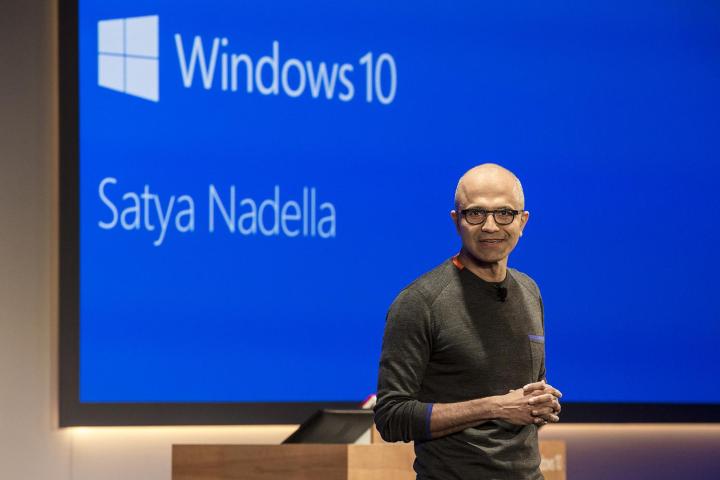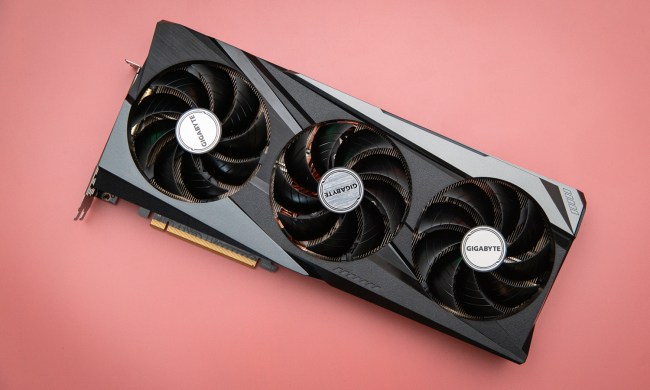
The new editions of Windows 10 were introduced on May 13, and they included Home, Pro, Enterprise, Education, Mobile, and Mobile Enterprise. Microsoft laid out all of the features of the various editions in a post on the Windows blog. However, Snelson used the opportunity to confirm the details surrounding Windows 10 as a free upgrade.
“Microsoft will offer a free upgrade to Windows 10 for qualified Windows 7, Windows 8, and Windows Phone 8.1 devices in the first year,” Snelson wrote. “After the first year, upgrades will be paid via boxed product and VL Upgrades.”
Windows 8/8.1 and Windows 7 Home Basic and Home Premium devices can be upgraded to Windows 10 Home, and Windows 8/8.1 Pro and Windows 7 Professional and Ultimate devices can be updated to Windows 10 Pro.
If a device is upgraded within the first 12 months after the Windows 10 launch, it will continue to receive Windows 10 updates for free throughout its life. However, this excludes Windows Enterprise and RT devices. You’ll be able to get your free Windows 10 upgrade through Windows Update.
Microsoft already confirmed at Ignite 2015 that it will provide a free Windows Update for Business service to Windows Pro and Windows Enterprise devices. This will provide business users with the most up-to-date security defenses in Windows, according to the company blog.
Windows 10 is set to be released this summer, likely by the end of July. Microsoft has already announced that Windows 10 will be the last “version” of its operating system. Following its release, Microsoft will continue to make system improvements over time.


